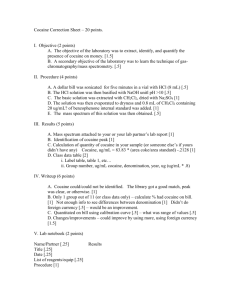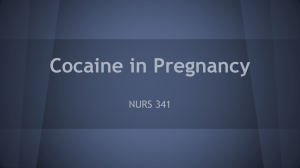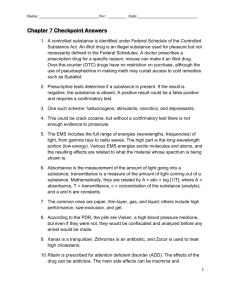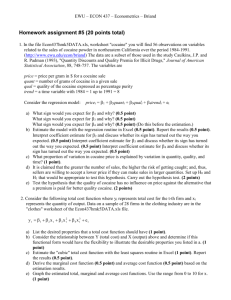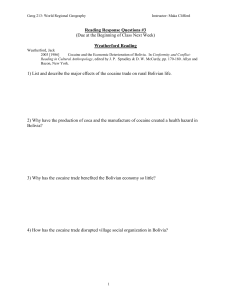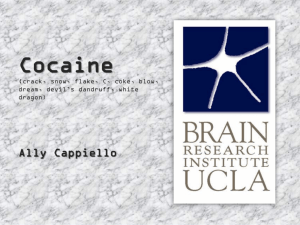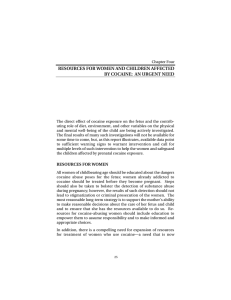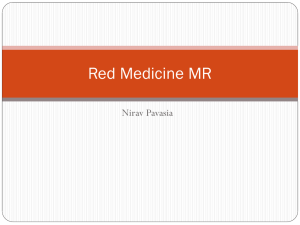C T HOOSING
advertisement
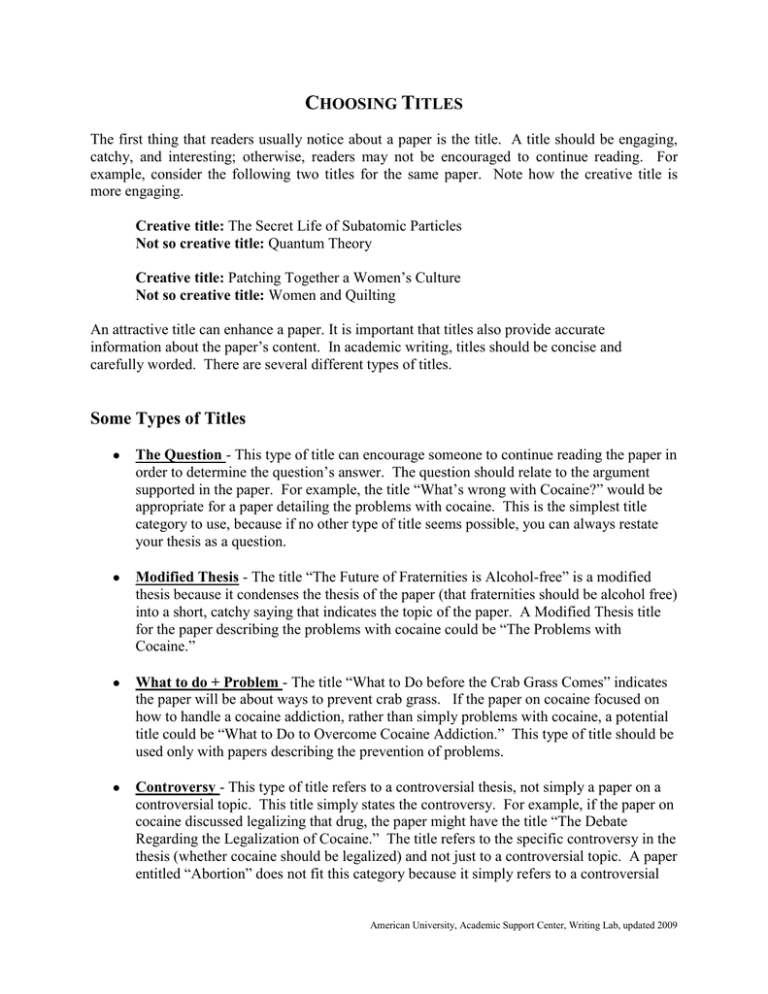
CHOOSING TITLES The first thing that readers usually notice about a paper is the title. A title should be engaging, catchy, and interesting; otherwise, readers may not be encouraged to continue reading. For example, consider the following two titles for the same paper. Note how the creative title is more engaging. Creative title: The Secret Life of Subatomic Particles Not so creative title: Quantum Theory Creative title: Patching Together a Women’s Culture Not so creative title: Women and Quilting An attractive title can enhance a paper. It is important that titles also provide accurate information about the paper’s content. In academic writing, titles should be concise and carefully worded. There are several different types of titles. Some Types of Titles The Question - This type of title can encourage someone to continue reading the paper in order to determine the question’s answer. The question should relate to the argument supported in the paper. For example, the title “What’s wrong with Cocaine?” would be appropriate for a paper detailing the problems with cocaine. This is the simplest title category to use, because if no other type of title seems possible, you can always restate your thesis as a question. Modified Thesis - The title “The Future of Fraternities is Alcohol-free” is a modified thesis because it condenses the thesis of the paper (that fraternities should be alcohol free) into a short, catchy saying that indicates the topic of the paper. A Modified Thesis title for the paper describing the problems with cocaine could be “The Problems with Cocaine.” What to do + Problem - The title “What to Do before the Crab Grass Comes” indicates the paper will be about ways to prevent crab grass. If the paper on cocaine focused on how to handle a cocaine addiction, rather than simply problems with cocaine, a potential title could be “What to Do to Overcome Cocaine Addiction.” This type of title should be used only with papers describing the prevention of problems. Controversy - This type of title refers to a controversial thesis, not simply a paper on a controversial topic. This title simply states the controversy. For example, if the paper on cocaine discussed legalizing that drug, the paper might have the title “The Debate Regarding the Legalization of Cocaine.” The title refers to the specific controversy in the thesis (whether cocaine should be legalized) and not just to a controversial topic. A paper entitled “Abortion” does not fit this category because it simply refers to a controversial American University, Academic Support Center, Writing Lab, updated 2009 topic, but a paper entitled “Partial Birth Abortion Should Be Banned” does fit this category because it refers to a specific controversial thesis. Humanizing Non-Human Things - This type of title grabs the reader’s attention because it is fantastical and unbelievable. An example of this type of title could be “Keep House Plants Smiling.” This title could introduce a paper describing how to properly take care of houseplants, and is creative in that it attributes a human characteristic to a non-human item. For the paper on the problems of cocaine, a humanizing title might be “The Dark Side of Cocaine’s Personality.” Word Play - This title features a clever, witty play on words and is appropriate for shorter, less formal papers. This type of title may feature words that rhyme or may be creative. An example of this title is “Some Words About Words.” For a paper on cocaine, a Word Play Title might be “The Dirt on Snow,” “Blown Away,” or “Crossing the White Line.” Imperative - This title demands something of the reader and demands attention to the topic of the paper. An example of this type of title would be “Don’t Be a Cheerleader.” Such a paper might discuss the negative consequences of becoming a cheerleader. An imperative title for the paper describing the problems with cocaine could be “Don’t Use Cocaine.” What to Avoid in Choosing a Title When trying to be creative with paper titles, try to avoid single-word, general-subject titles such as “Ballooning” or “Cocaine.” Also try to avoid single-word titles paired with an article, such as “The Hot Air Balloon” or “The Shopping Mall.” These titles do not elicit the same type of interest and intrigue in readers that more creative titles do. Source: Adelstein, Michael and Jean G. Pival. The Writing Commitment. Second Edition. Harcourt Brace Jovanovich, Inc., 1980. American University, Academic Support Center, Writing Lab, updated 2009
